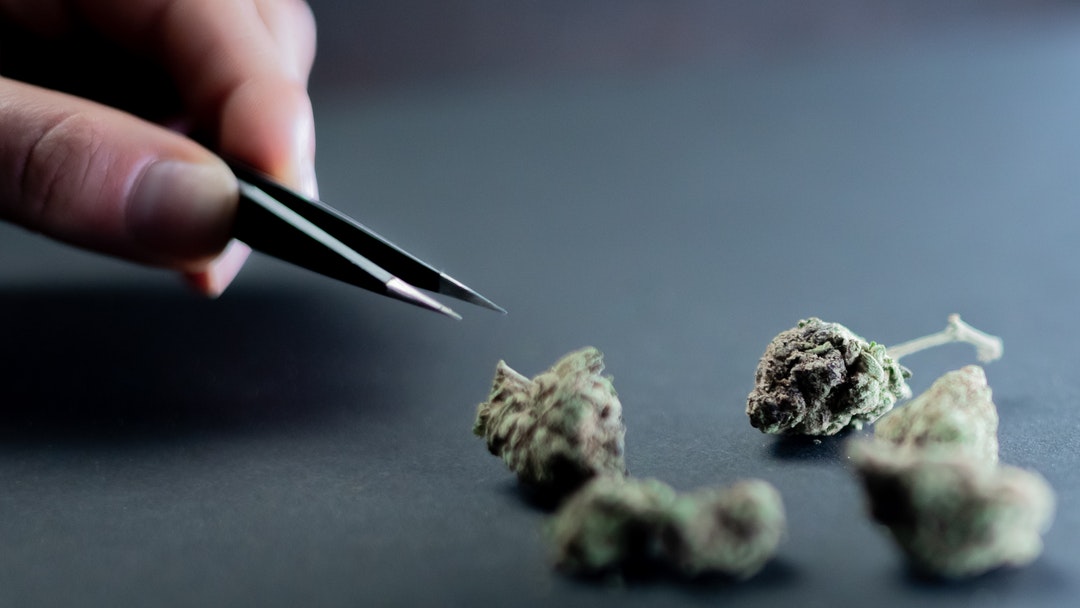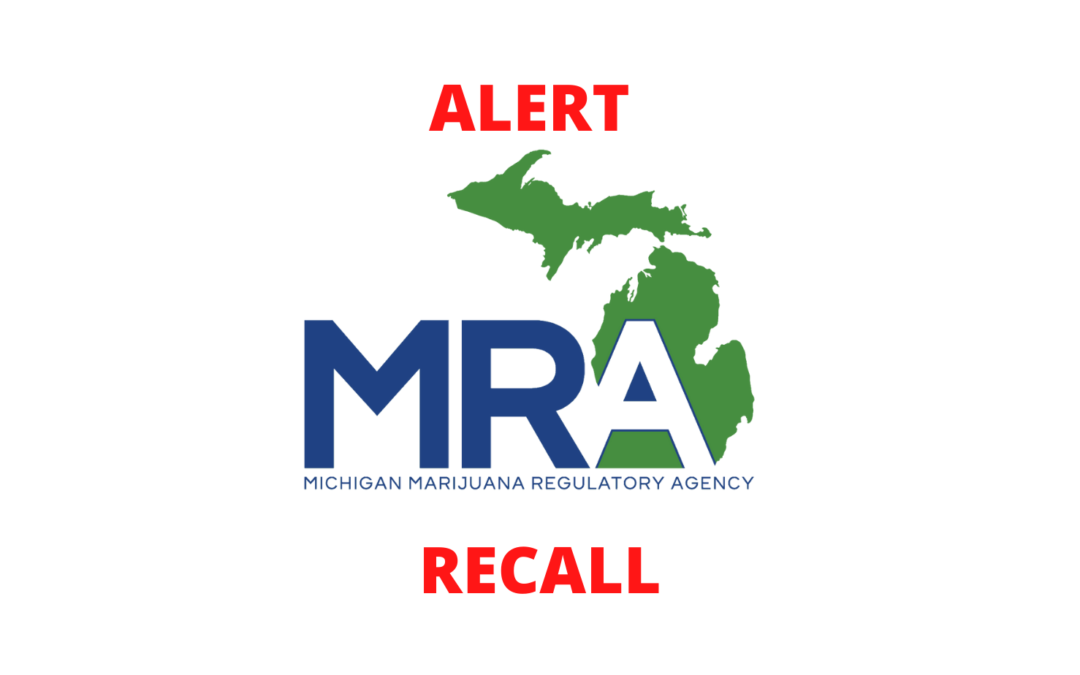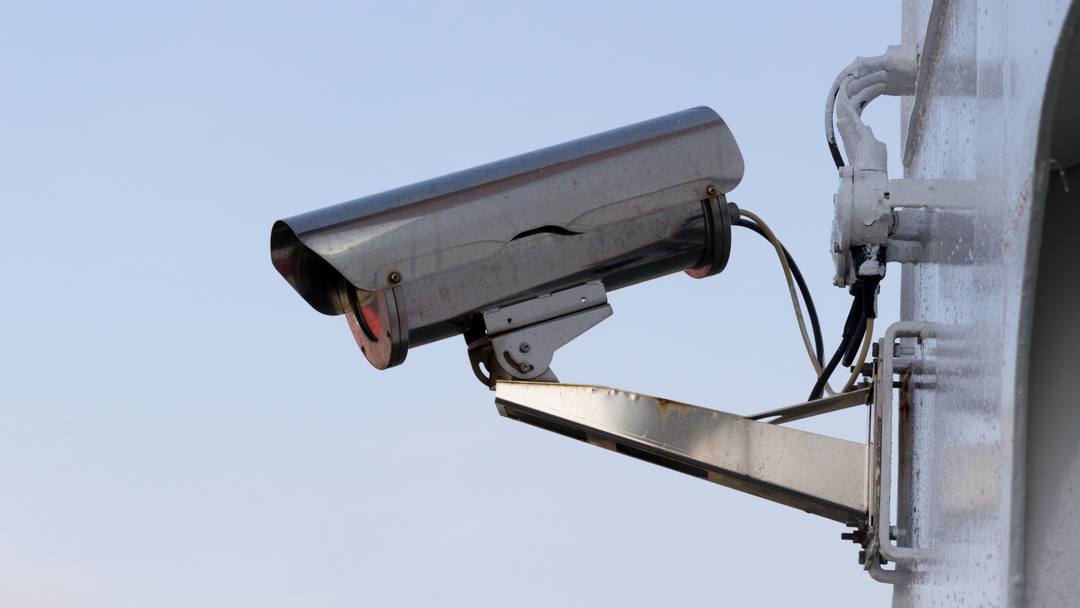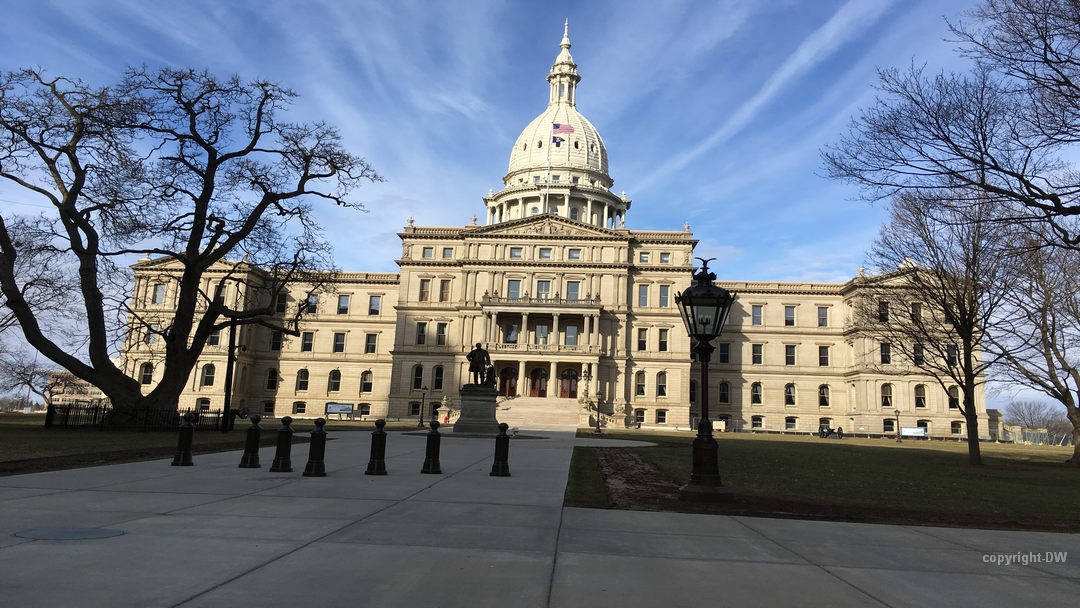A recent study published in Addiction evaluated the associations of cannabis use disorder (CUD) with cardiovascular disease (CVD) outcomes.
Cannabis usage is prevalent among more than 200 million individuals worldwide, and its associated adverse effects carry significant implications. The occurrence of Cannabis Use Disorder (CUD) affects approximately 27%-34% of cannabis users, highlighting the urgent need for public health attention. The gravity of the situation is further emphasized by the limited availability of treatments and behavioral interventions for those affected.
Although research suggests adverse health outcomes due to cannabis usage, the relationship between cannabis and CVD is less explored. However, current evidence indicates a higher occurrence of cardiovascular events among young cannabis users. In addition, cannabis has been associated with severe events such as stroke, myocardial infarction, arrhythmias, atherosclerosis, and cardiomyopathies.
Read The Article Here
FAQs about Cannabis Use Disorder
What is cannabis use disorder?
Cannabis use disorder (CUD) is a medical condition in which a person uses cannabis excessively and compulsively, even though it is causing problems in their life. CUD can lead to a number of negative consequences, including impaired memory and learning, problems with relationships and work, and financial problems.
How common is CUD?
CUD is the most common substance use disorder among people in the United States. About 10% of people who use cannabis will develop CUD, and the rate is higher among adolescents and young adults.
What are the symptoms of CUD?
The symptoms of CUD can vary from person to person. Some common symptoms include:
Using more cannabis than intended
Trying but failing to quit using cannabis
Spending a lot of time using cannabis
Craving cannabis
Using cannabis even when it causes problems at home, school, or work
Continuing to use cannabis despite social or relationship problems
Giving up important activities with friends and family in favor of using cannabis
Using cannabis in high-risk situations, such as driving a car
Continuing to use cannabis despite physical or psychological problems
Needing to use more cannabis to get the same high
What are the risk factors for CUD?
A number of factors can increase a person’s risk of developing CUD, including:
Age: Adolescents and young adults are more likely to develop CUD than older adults.
Family history: People with a family history of addiction are more likely to develop CUD.
Mental health problems: People with mental health problems, such as depression or anxiety, are more likely to develop CUD.
Peer pressure: People who have friends who use cannabis are more likely to use cannabis themselves.
Early exposure to cannabis: People who start using cannabis at a young age are more likely to develop CUD.
How is CUD treated?
There is no one-size-fits-all treatment for CUD. Treatment plans are typically tailored to the individual’s needs and may include a combination of medication, therapy, and support groups.
Common treatments for CUD include:
Cognitive-behavioral therapy (CBT): CBT is a type of therapy that helps people to identify and change their thoughts and behaviors.
Contingency management: Contingency management is a type of therapy that rewards people for positive behaviors, such as staying sober.
Medication: There are a number of medications that can be used to treat CUD, such as bupropion (Zyban) and naltrexone (Vivitrol).
Support groups: Support groups can provide people with CUD with a safe and supportive environment where they can share their experiences and learn from others who are going through the same thing.
FAQ
What does Quash mean?
to say officially that something or an earlier decision, is no longer to be accepted: His conviction was quashed after his attorney argued that police evidence was all lies.
What is conviction vacated mean?
When a sentence is vacated: It legally annuls the conviction. Vacating a criminal sentence means removing that conviction from a person’s record. The record will then appear as if the person was never charged and convicted of a crime.
Why would a sentence be vacated?
Someone who has their conviction vacated are released from custody under certain conditions, such as a plea bargain being breached, proof of ineffective counsel, court bias, or another similar factor that might have impacted the outcome of the original trial.
Is vacating the same as dismissing?
‘Vacating’ or ‘setting aside’ is used when referring to nullifying a specific judgment from the judge (in this case, a guilty or ‘no contest’ judgment).
‘Dismissing’ applies to the entire case. It means that the case is thrown out for reasons other than its factual merits.
Does vacated mean innocent?
Winning the motion to vacate doesn’t mean that this is the end of the matter. The conviction or sentence is canceled as if it never existed, but the court doesn’t close your case. Instead, the prosecutor then decides whether to drop or pursue the original charges.
More Posts

A Little History of Alcohol Prohibition
*This section is based in large part on a paper prepared for the Commission by Jane Lang McGrew, an attorney from Washington, D.C. In 1920, the national policy of Prohibition began. The 18th Amendment to the Constitution had been officially ratified: It sought, by...
Michigan lab fights back in court after marijuana recall
A marijuana lab licensed in Michigan is suing the Marijuana Regulatory Agency (MRA) over a recall that impacted nearly $230 million worth and 64,000 pounds of marijuana products in the state. Michigan Court of Claims Judge Christopher M. Murray on Monday appeared to...

President Nixon’s National Commission on Marihuana and Drug Abuse
President Nixon's National Commission on Marihuana and Drug Abuse concluded in 1972, after years of research, that, "[t]here is little proven danger of physical or psychological harm from the experimental or intermittent use of natural preparations of cannabis."...

Michigan Crime-Annual Reports
Crime in Michigan Annual Reports Michigan published their first annual report using exclusively incident based data in calendar year 2007. Prior to 2007, conversion back to the FBI Summary system was required for the publication. Note: The...

Testing Lab Sues Marijuana Regulatory Agency Over Recall
A cannabis testing lab is suing the Michigan’s Marijuana Regulatory Agency over a major recall of cannabis products. Many products tested by Viridis Laboratories were pulled from shelves The marijuana products impacted have a test date between August 10, 2021 and...

Official Notification of Marijuana Product Recall
The Marijuana Regulatory Agency (MRA) has identified inaccurate and/or unreliable results of products tested by laboratories Viridis North, LLC and Viridis Laboratories, LLC. A link to the locations affected by the recall is at the end of this information In the...

MRA Rule 27
Rule 27. Security measures; required plan; video surveillance system. (1) An applicant for a license to operate a proposed marihuana facility shall submit a security plan that demonstrates, at a minimum, the ability to meet the requirements of this rule. (2) Licensees...

USDA approves Michigan’s modifications to the state’s industrial hemp plan
On October 21, 2021, the Michigan Department of Agriculture and Rural Development (MDARD) received federal approval of the revised Michigan Hemp Production Plan dated October 18, 2021. The plan contains regulatory requirements for cultivating industrial hemp...

Michigan Legislation Recently Signed into Public Acts
2021 Public Act 85 of 2021 – Michigan Vehicle Code, Technical Changes Regarding Eliminating Sunset for .08 Limit, Effective September 24, 2021 SB 617 (Victory) Crimes: intoxication or impairment; technical changes regarding eliminating sunset for .08 limit;...

Detroit voters to decide decriminalize psychedelics
Detroit — City voters on Tuesday will decide whether to decriminalize psychedelic plants and if Detroit's charter should be amended to allow for citizen-driven ballot initiatives that impact city spending. Voter-initiated Proposal E asks...


